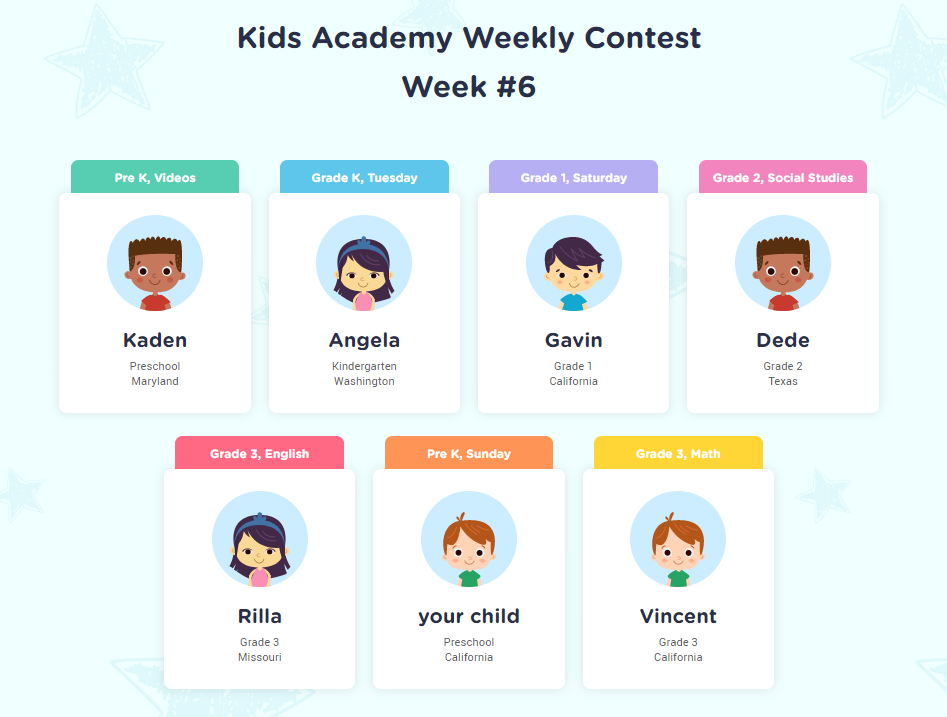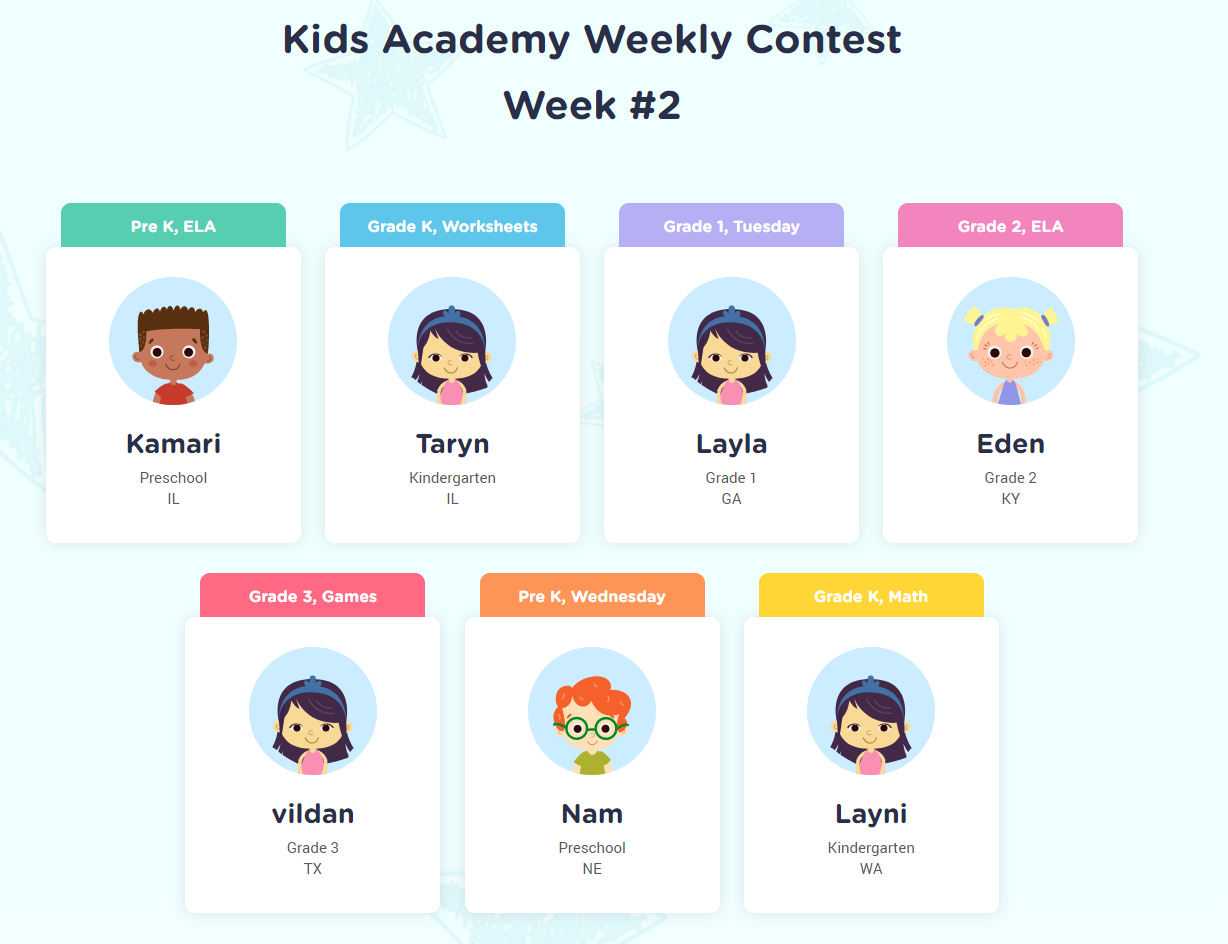Classification skills Worksheets for Ages 6-9
10 filtered results
-
From - To
Boost your child's cognitive development with our engaging "Classification Skills Worksheets for Ages 6-9". These expertly designed worksheets help children enhance their ability to categorize and organize information, crucial for science and math mastery. Our activities are fun and educational, covering an array of classification exercises such as sorting objects by attributes, identifying patterns, and grouping items by function or type. Perfect for young learners, these worksheets are tailored to align with school curriculums, ensuring your child develops essential critical thinking skills while enjoying the learning process. Download now to support your child's journey to academic success.
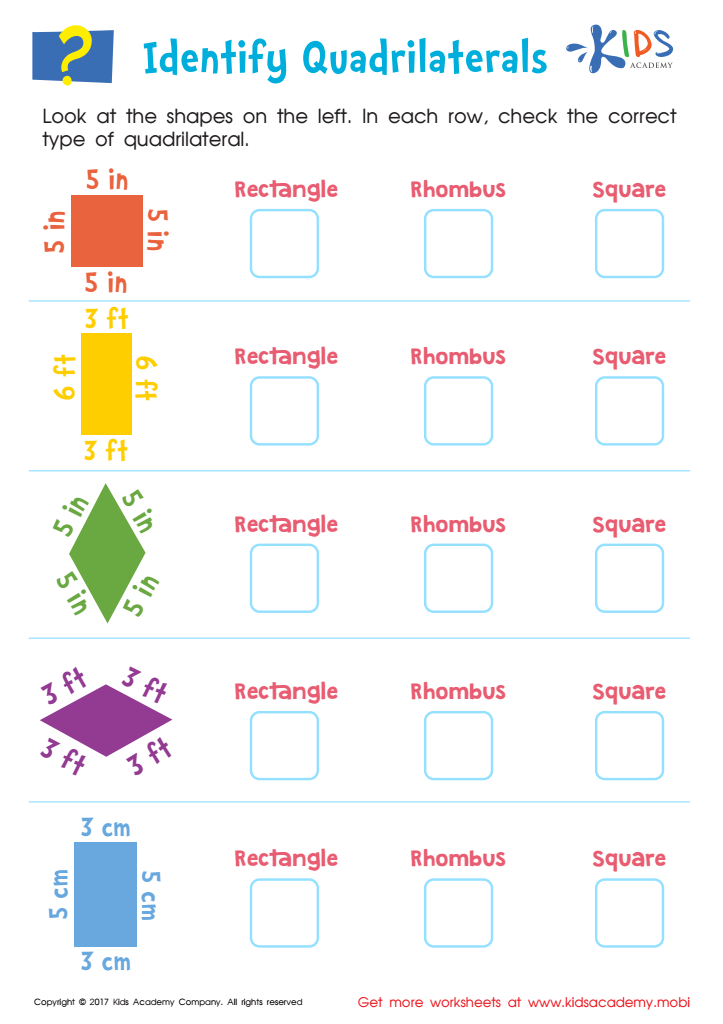

Identify Quadrilaterals Worksheet


Matter: Assessment 1 Worksheet
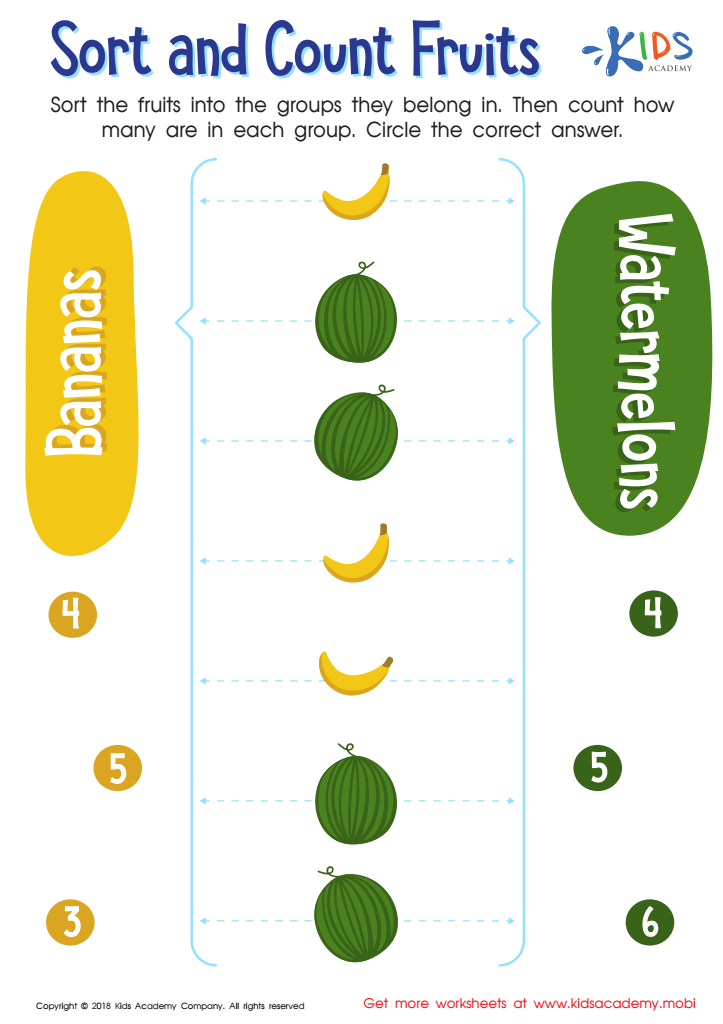

Sort and Count Fruits Worksheet
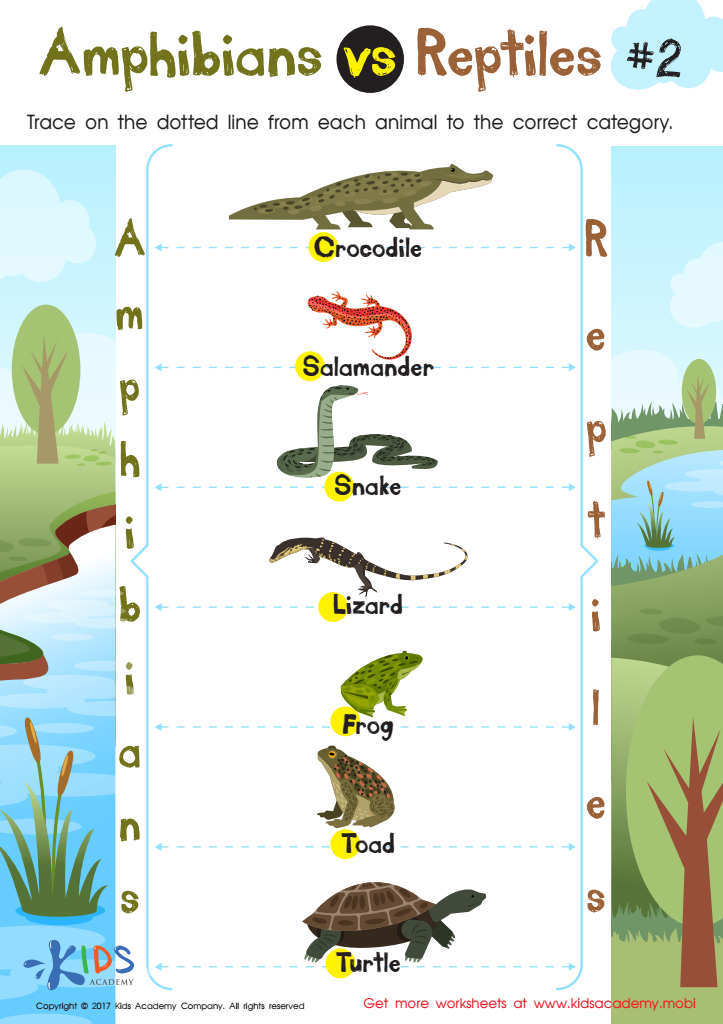

Amphibians vs Reptiles Worksheet for 3rd Grade
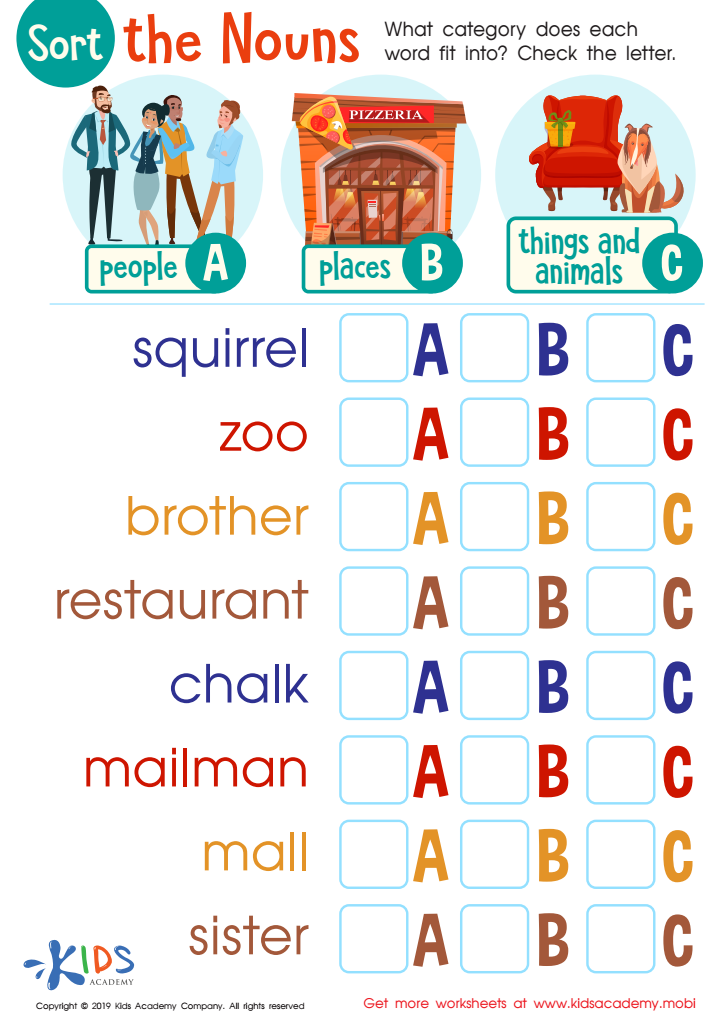

Sort the Nouns Worksheet
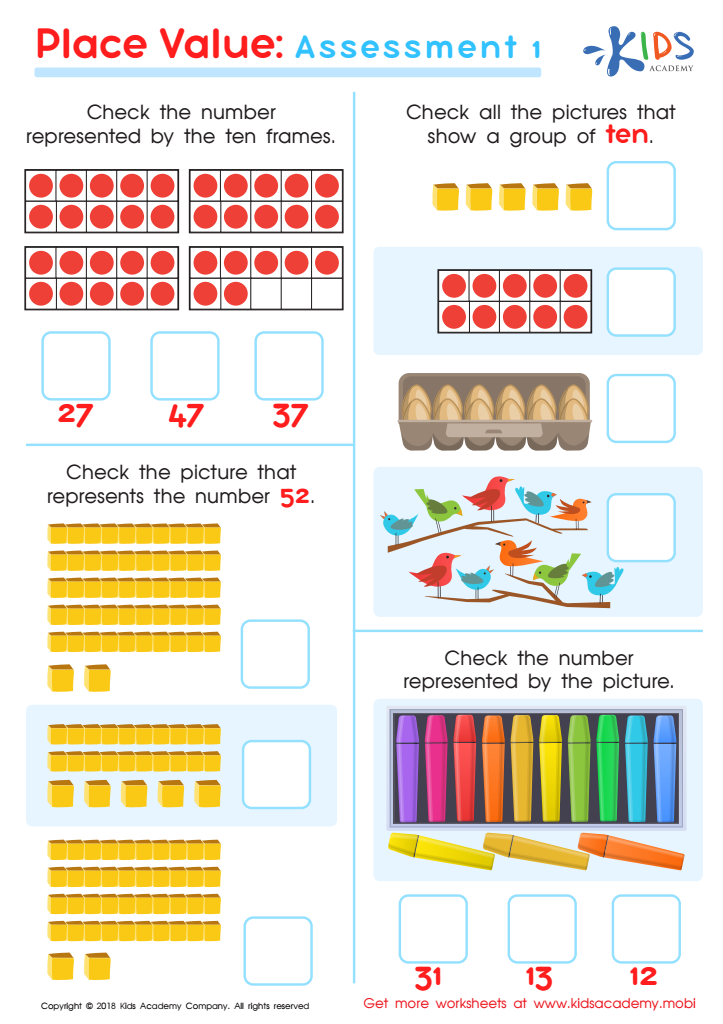

Place Value: Assessment 1 Worksheet
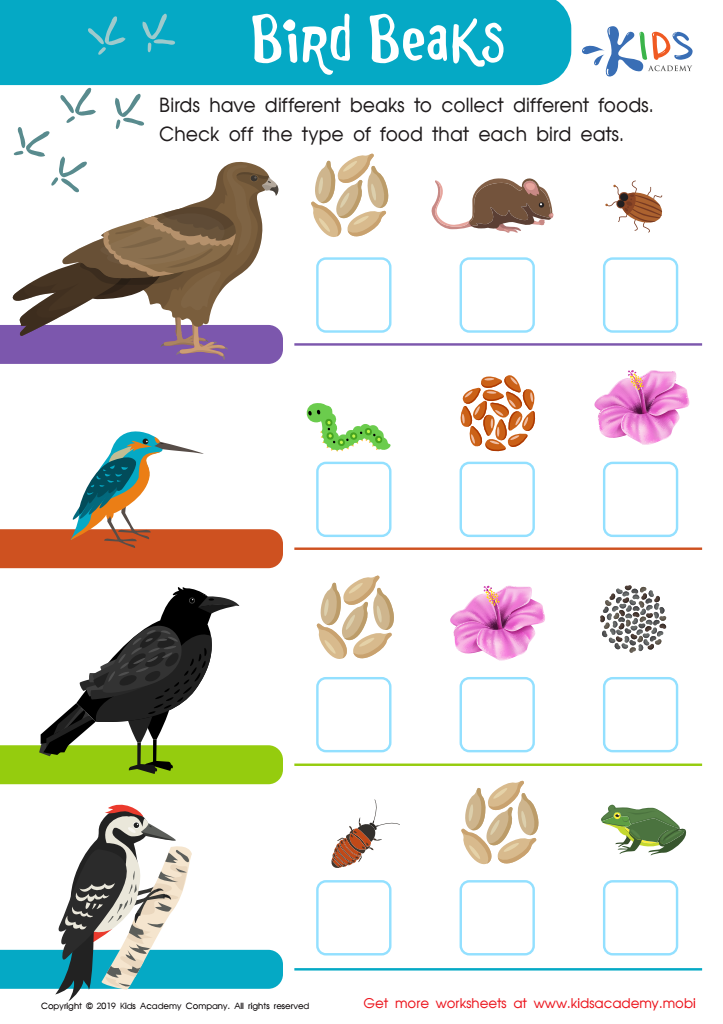

Bird Beaks Worksheet
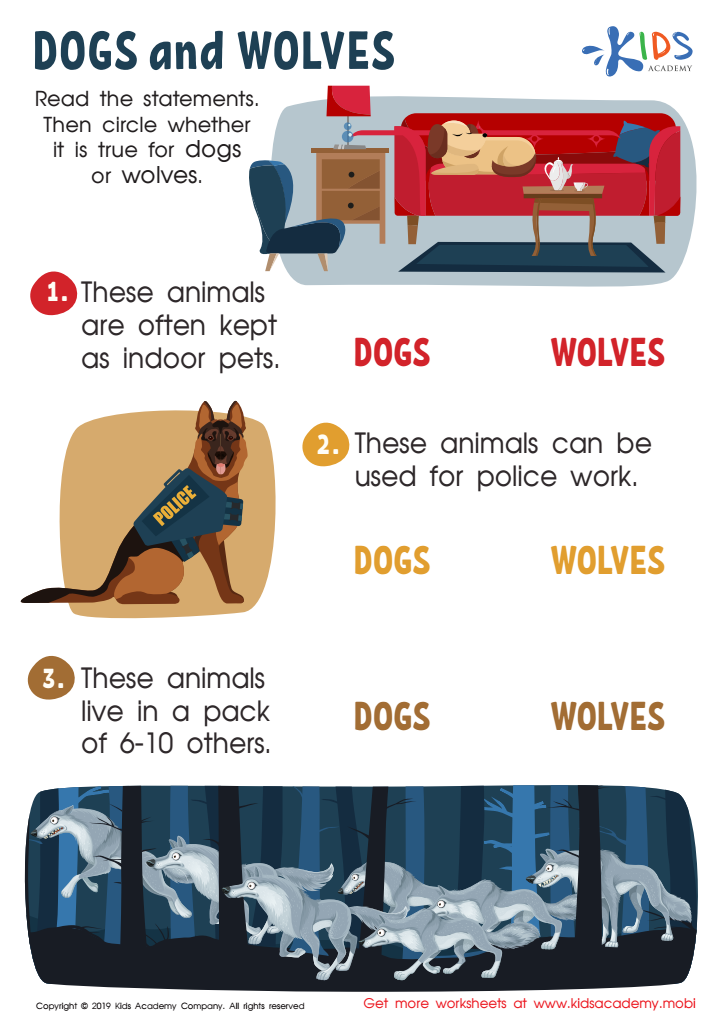

Dogs and Wolves Worksheet


Animals and Plants: Assessment 2 Worksheet


Space: Assessment 2 Worksheet
Classification skills are critical for children ages 6-9 because they lay the foundation for logic, reasoning, and problem-solving capabilities that are essential for future academic success. During these formative years, children are naturally curious about their surroundings; engaging them in classification exercises helps make sense of the world around them. By sorting objects, ideas, or even people into categories, children learn to identify patterns and relationships between different items, fostering analytical thinking.
Moreover, classification is fundamental to subjects like math and science. In math, for instance, understanding sets, shapes, or numbers relies heavily on classification skills. Science often requires sorting and categorizing living organisms or substances, enabling children to grasp more complex concepts later on.
Furthermore, effective classification skills can enhance reading comprehension and vocabulary development. By recognizing classifications of words (e.g., nouns, verbs, adjectives) or themes in a story, children improve their linguistic and cognitive abilities.
Socially, these skills help kids organize and interpret social information, aiding in better communication and interactions with others. They learn to categorize feelings and behaviors, which supports emotional intelligence and empathy.
Thus, fostering classification skills early on equips children with tools essential for various aspects of learning and personal growth, making it a crucial focus for both parents and teachers.
 Assign to My Students
Assign to My Students







